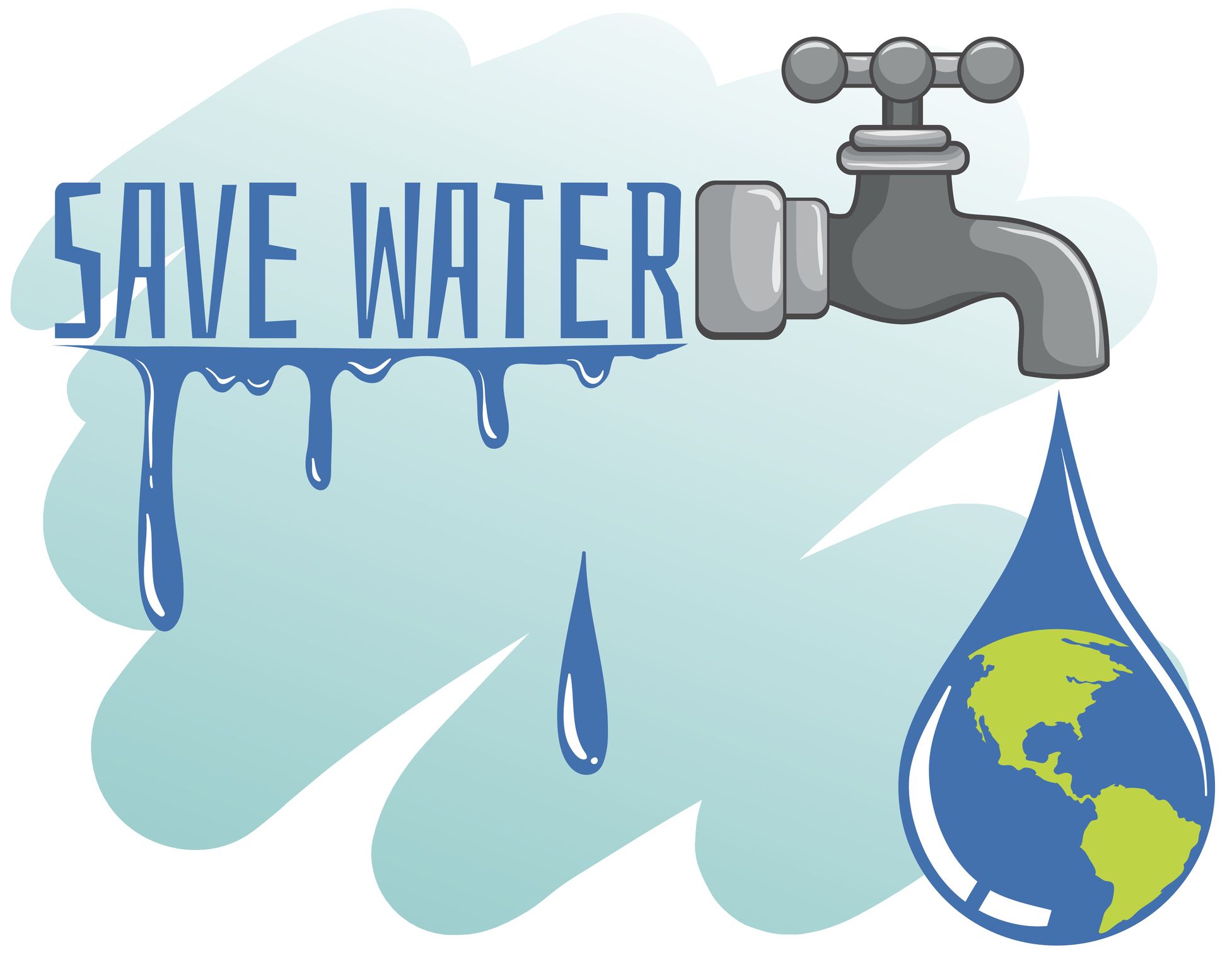Water conservation is an important issue in today’s world. With a growing population and increasing demands on our water supply, it’s more important than ever to find ways to save water in our homes and gardens. By making a few simple changes to your daily routine, you can make a big difference in reducing your water usage and protecting this valuable resource. Here are some tips to help you conserve water at home and in your garden.
Install Water-Saving Fixtures
One of the easiest ways to save water in your home is by installing water-saving fixtures. This includes low-flow showerheads, faucets, and toilets. These fixtures are designed to use less water without sacrificing performance, so you can reduce your water usage without even noticing a difference. By making this simple switch, you can save thousands of gallons of water each year.
Fix Leaks
Even a small leak can waste a significant amount of water over time. Make sure to regularly check your faucets, toilets, and pipes for any leaks, and fix them as soon as possible. Not only will this help you save water, but it will also save you money on your water bill.
Water Your Garden Wisely
When it comes to watering your garden, there are a few simple tips you can follow to conserve water. One of the best ways to save water is by using a drip irrigation system. This delivers water directly to the roots of your plants, minimizing evaporation and runoff. You can also water your garden early in the morning or late in the evening when temperatures are cooler, to reduce evaporation.
Collect Rainwater
Another great way to conserve water in your garden is by collecting rainwater. You can set up a rain barrel or other system to capture rainwater from your roof, which you can then use to water your plants. This free source of water not only helps you save on your water bill but also reduces the strain on your local water supply.
Choose Drought-Tolerant Plants
When planning your garden, consider choosing drought-tolerant plants that require less water to thrive. These plants are well-adapted to dry conditions and can survive on minimal watering, making them a great choice for water conservation. Native plants are often a good option, as they are naturally suited to your region’s climate and require less maintenance.
Mulch Your Garden
Adding a layer of mulch to your garden beds can help retain moisture in the soil, reducing the need for frequent watering. Mulch also helps control weeds and insulate the soil, so your plants stay healthy and hydrated. Choose organic mulch, such as bark chips or compost, which will decompose over time and enrich your soil.
Use a Soaker Hose
Instead of using a traditional sprinkler system, consider using a soaker hose to water your garden. These hoses deliver water directly to the base of your plants, minimizing waste through evaporation and runoff. Soaker hoses are efficient, cost-effective, and easy to use, making them a great choice for water-conscious gardeners.
Monitor Your Water Usage
Finally, make sure to monitor your water usage regularly to identify any areas where you can make improvements. Keep track of your water bill and look for any spikes in usage that may indicate a leak or other issue. By staying aware of your water consumption, you can make informed decisions to reduce waste and conserve this precious resource.
By implementing these water conservation tips in your home and garden, you can make a positive impact on the environment and save money on your water bill. Every drop counts, so do your part to conserve water and protect this valuable resource for future generations.

